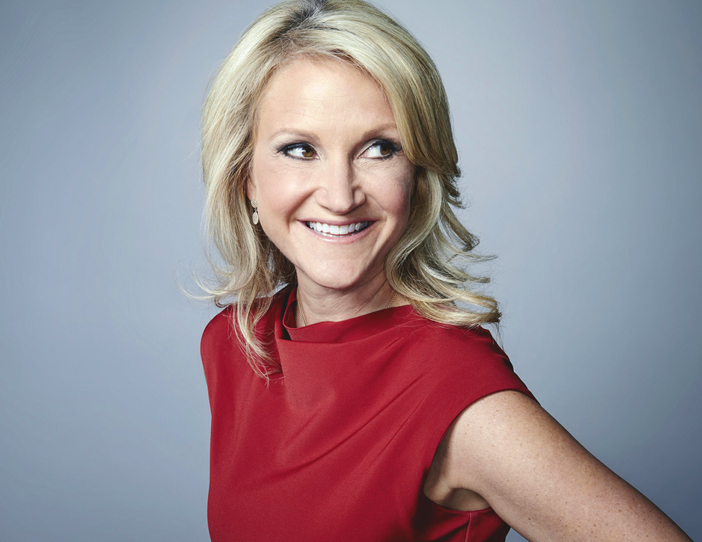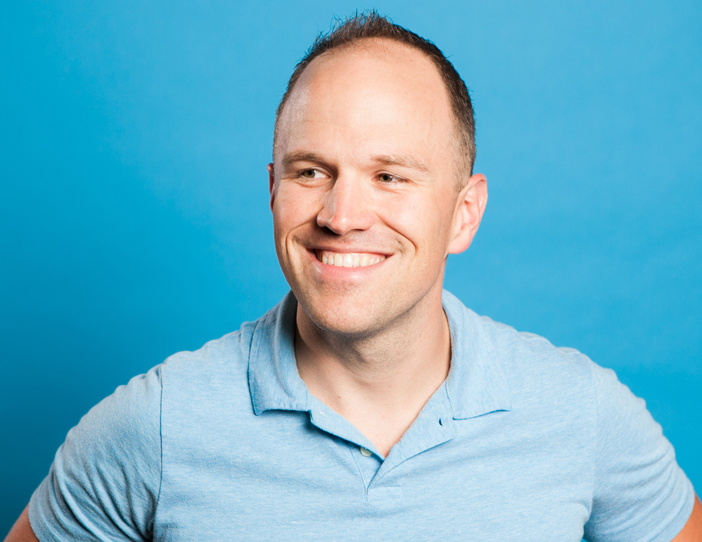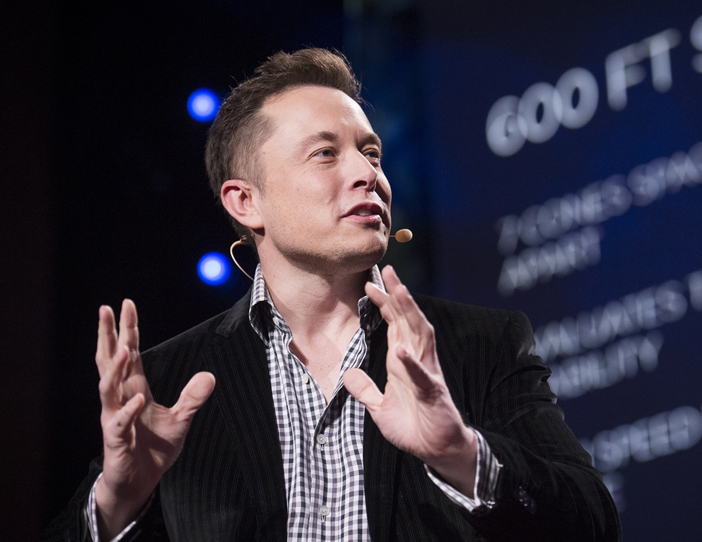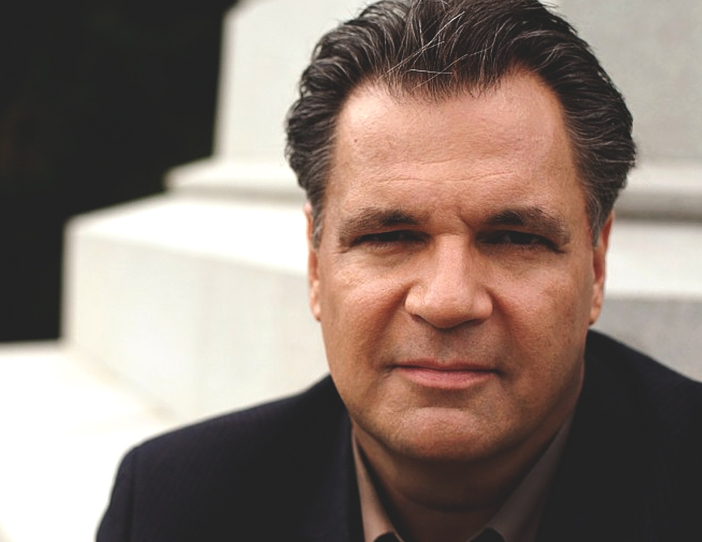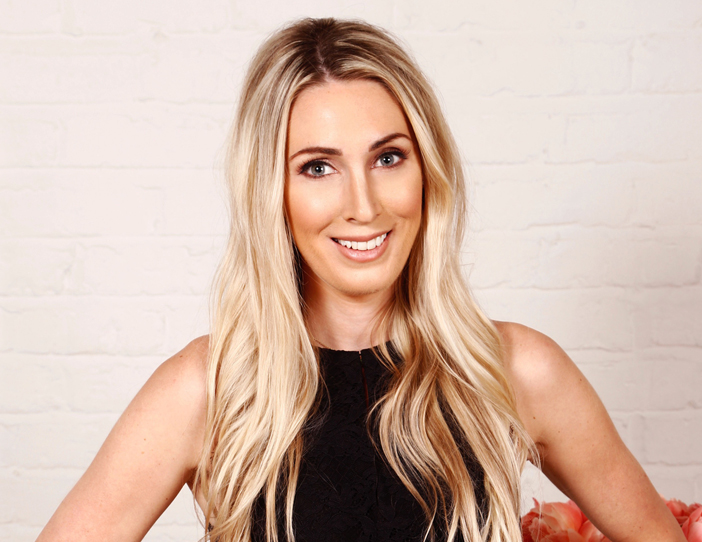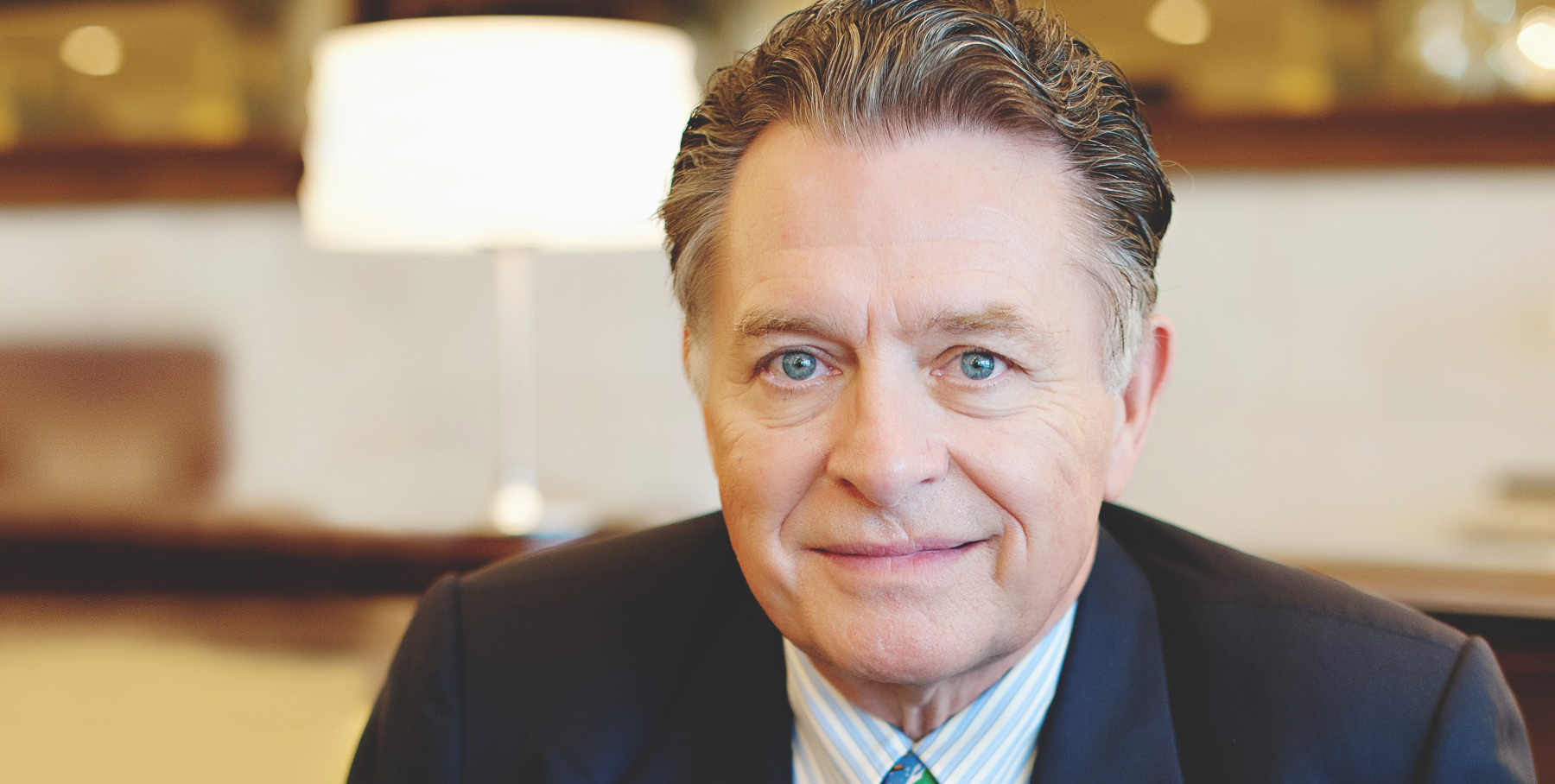
Episode Description
What makes a good leader a great one? Yes, your technical skill set is critical, but it will only get you so far. To really build a sterling career as a leader, you have to understand the value of focusing on people.
When leaders fail, it’s not because they don’t know what they’re doing. It’s usually because they’ve failed to listen to and develop their staff. They’ve failed to respect and communicate well with them. Basically, they’ve failed at people skills.
To help us master the fine art of people skills, I’ve got Lee Cockerell joining me on this episode of the Building a Story Brand podcast. He’s the former Executive Vice President of Operations for the Walt Disney World Resort, a role which involved overseeing more than 40,000 people.
We all know Disney’s tagline: “The Happiest Place on Earth.” But that’s not just true for visitors. Disney has also earned a reputation for making its employees happy, and it’s regularly recognized in national “best places to work” studies.
Lee built his career by focusing on people, and in our conversation, we talk through five major takeaways we can all use to help our teams grow — and see our businesses grow as a result.
Bonus Segment! The Masters golf tournament starts this week, and because we love The Masters’ brand of excellence and tradition, we’ve added a short bonus segment with professional golfer Ryan Moore, who’ll be competing in Augusta this week.
[ LISTEN NOW (START AT 31:30) ]
Get better at self-reflection
Understanding people starts with understanding yourself.
And a lot of leaders struggle to truly see themselves as they are. First, we’re often surrounded by people who tell us what we want to hear. And second, our own arrogance gets in the way.
Self-reflection becomes difficult because we don’t want to acknowledge our shortcomings.
Lee rattles off a list of questions we can ask ourselves honestly:
• What am I doing that’s okay?
• What am I not doing?
• What should I be doing?
• Do I involve my people?
• Do they trust me?
• Are they able to come and tell me the hardest information?
• When they do, can I accept it properly?
Answering these questions takes humility. But it’s also smart. Because as Lee points out, when you acknowledge what you don’t do well, you can “try to surround [yourself] with people who can do that well.” But it all starts with self-awareness.
Don’t let your influence keep you from trusting other people
If you’re reading this, you probably have more power and influence than the average person. But not everybody realizes it. And that’s a liability.
During the podcast, Lee tells a story from early in his career. He’s about to take a trip to El Paso to visit one of his managers. But when he gets there, the manager is in the hospital because he was dealing with so much anxiety anticipating Lee’s visit.
As Lee tells it: “When he came back that night we had dinner and we talked about it. He said, ‘Your reputation gets here long before you do, Lee, and they say Lee will always find things wrong.’”
That was a turning point for Lee, as he started rethinking who he was. He considered the gap between kind of influence he had — and the kind of influence he wanted to have.
If people don’t trust you then you are not going to get very far and you will never quite know why because they may never tell you.
His problem, he realized, was this: “I didn’t trust anybody because I’d kind of had a whole life of not trusting anybody. When you don’t trust people, you want to control. When you’re a control person, you misbehave.”
If you don’t trust people, they won’t trust you. And, as Lee says, “If people don’t trust you then you are not going to get very far and you will never quite know why because they may never tell you.”
Put a high value on integrity
Lee ran one of the world’s most successful companies and did a great job doing it. This guy is no stranger to success in financial terms.
But in his mind, it’s not worth the money to not have integrity. And that runs counter to popular thinking in the business world. A lot of people might say you need to maybe take a few ethical shortcuts in order to grow a company. But Lee is living proof that integrity really can be the key to a more successful business.
When I asked him why, he explained, “If you don’t have integrity nobody is ever going to trust you. If people don’t trust you, you can’t get anything. [Your employees will] give just enough to get their paycheck.”
Our authenticity inspires a level of performance we can’t get from our people any other way. After all, who wants to commit their talents and energies to a fraud?
When we are leaders of integrity — when we follow through on the things we say and exemplify our values in our own actions — our employees know we are the real deal. Our authenticity inspires a level of performance we can’t get from our people any other way. After all, who wants to commit their talents and energies to a fraud?
So when you get integrity right, success follows. “If you get your people committed, which means they’ll go all the way for you, then you’re going to make a lot more money,” Lee explains. “Your people will not be committed to you unless they are 100% sure you’re committed to them.”
Be a parent, not a boss
Five years ago I would have said it is not my job to parent my team. That’s the family’s job. My job is to be a boss. But I’ve come full circle on that. I’m not saying corporations should make up for dysfunctional families. But we need to realize that our people are coming to us with wounds and insecurities. The more we own that and nurture that, the better our culture is going to be.
Lee paints a connection between leaders and parents, saying, “A leader’s job is to produce more leaders. A parent’s job is to produce children who can become great parents, citizens and leaders as well.”
Obviously, this doesn’t mean cutting your staff members’ lunches into small bites. So what does it look like to take on a “parent” role as a leader?
It starts with being a role model. Kids mostly follow what their parents do, not what their parents say. The same goes for leaders, as Lee points out: “If you behave, people around you will behave.”
Too many people want to be bosses instead of teachers.
Second, it means training well. So much of parenting is equipping kids with the skills they need to successfully navigate the world. Parents are teachers, and leaders are teachers, too. “Too many people want to be bosses instead of teachers,” Lee says. “When they start to think about teaching people and helping them get ahead, you get ahead too.”
Finally, it means being tough. “Parents do the hard things. That’s what a leader’s job is, too,” Lee says. Love means doing what’s best for someone, and sometimes, that means hard conversations and discipline.
Manage your time and energy
These days, my career is not about money. It’s about time. It’s my scarcest commodity, so I’m thinking more about managing my time than I am managing my money.
I asked Lee how being better managers of time helps us be better managers of people.
And it boils down to focus:
At Disney he said he spent 99% of his time focused on three things, and none of them were “technical” aspects of managing theme parks and resorts. It was just hiring and promoting the right people, training and reinforcing that training, and making sure he was being a good role model for the company’s value of treating people right.
Think about where you can use your position and authority to really make the right things happen and go spend your time there.
“I didn’t get involved in food and beverage, engineering, maintenance, merchandise and security,” Lee laughs. “I had experts doing that. That’s where I could use my authority to make things happen. Think about where you can use your position and authority to really make the right things happen and go spend your time there and not with all the great people you hired. Let them do their job.”
As Lee points out, somebody is counting on you to take care of your responsibilities. This disciplined and focused approach to how you manage your time means you honor the people around you (and your family, too).
—
After decades of success and experience, the wisdom just pours out of Lee. He offers us so much insight into what truly matters in business and in life — and he lays out a path to help us get there. “People skills” may seem like a soft concept to you, but his life is proof for how crucial they are if you want to have the kind of career that’s successful in every way.
Give the full episode a listen, and be sure and catch our bonus Masters segment with professional golfer Ryan Moore.
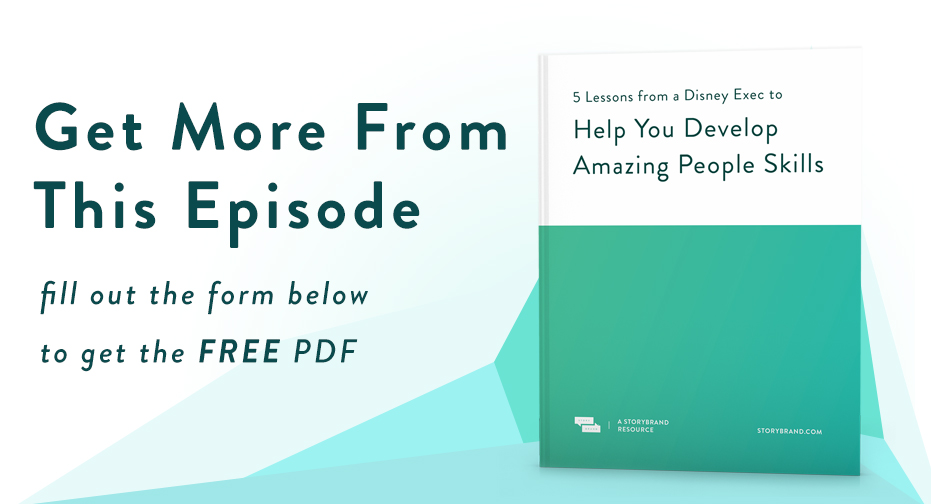
Answer a few short questions on our downloadable worksheet and apply this episode to your life and your business. You’ll remember more of what you learned and have clarity for how to put it to use right away.
Executive producer: Tim Schurrer
Additional production and editing: Chad Snavely

